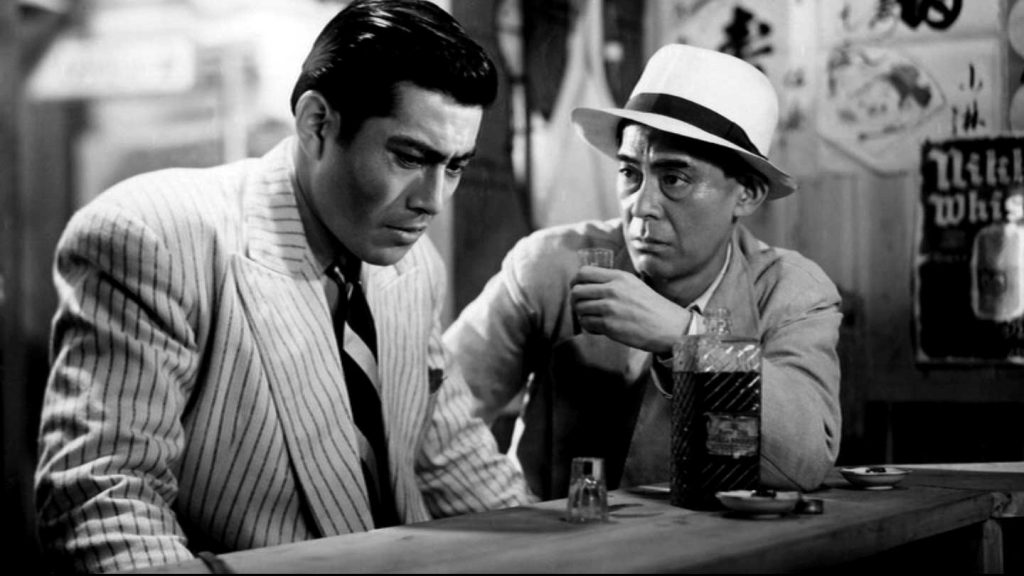
Diversity: No single definition of comparative literature would easily satisfy any two scholars associated with the discipline. Not surprisingly then, students taking courses or working on a minor in this discipline often have diverse conceptions of the kind of study they are embarking upon. Indeed, comparative literature is a complex discipline in large part because of the diversity of interests of the people engaged in it. As a student in the program, you will be asked to do a number of different things, which reflect the complexities behind the concept of comparative literature.
You will be encouraged to familiarize yourself with literature from at least two different national traditions, studied in their original languages. In its most obvious sense, comparative literature might be seen to start here. By studying different literary traditions, you will begin to be able to imagine what might constitute differences or similarities between those literatures.
You will be asked to think about literature not only from differing national traditions but from widely separated historical periods as well. Thus comparative literature might also involve imagining what historical differences in the conception of literature teach us about its own nature or its function.
You will be asked to think about what the verb “compare” means when applied to a specific group of authors or texts from different literatures. What do you compare when you compare authors, or literature, or specific works of literature? What theoretical problems do various acts of comparison raise? When might comparisons be unjust or even misleading?
You will be asked to think theoretically about the idea of literature itself, about, for example, some of the following questions. How and why is literature divided into different genres or different periods? How is literature situated within a given society? How is literature different from other domains such as philosophy or psychoanalysis or politics? Students interested in literary theory will find much in the study of comparative literature to interest them, for example, the challenge of confronting Western literary theory (and the Western canon) with previously unexplored non-Western literatures.
One of the advantages of doing a minor in a field such as comparative literature & world literature, formed out of a variety of different concerns about literature, is that it allows a student, within a set of general requirements, to follow a program of study which contains a great deal of freedom, a program which can be greatly shaped by the student’s own interests.